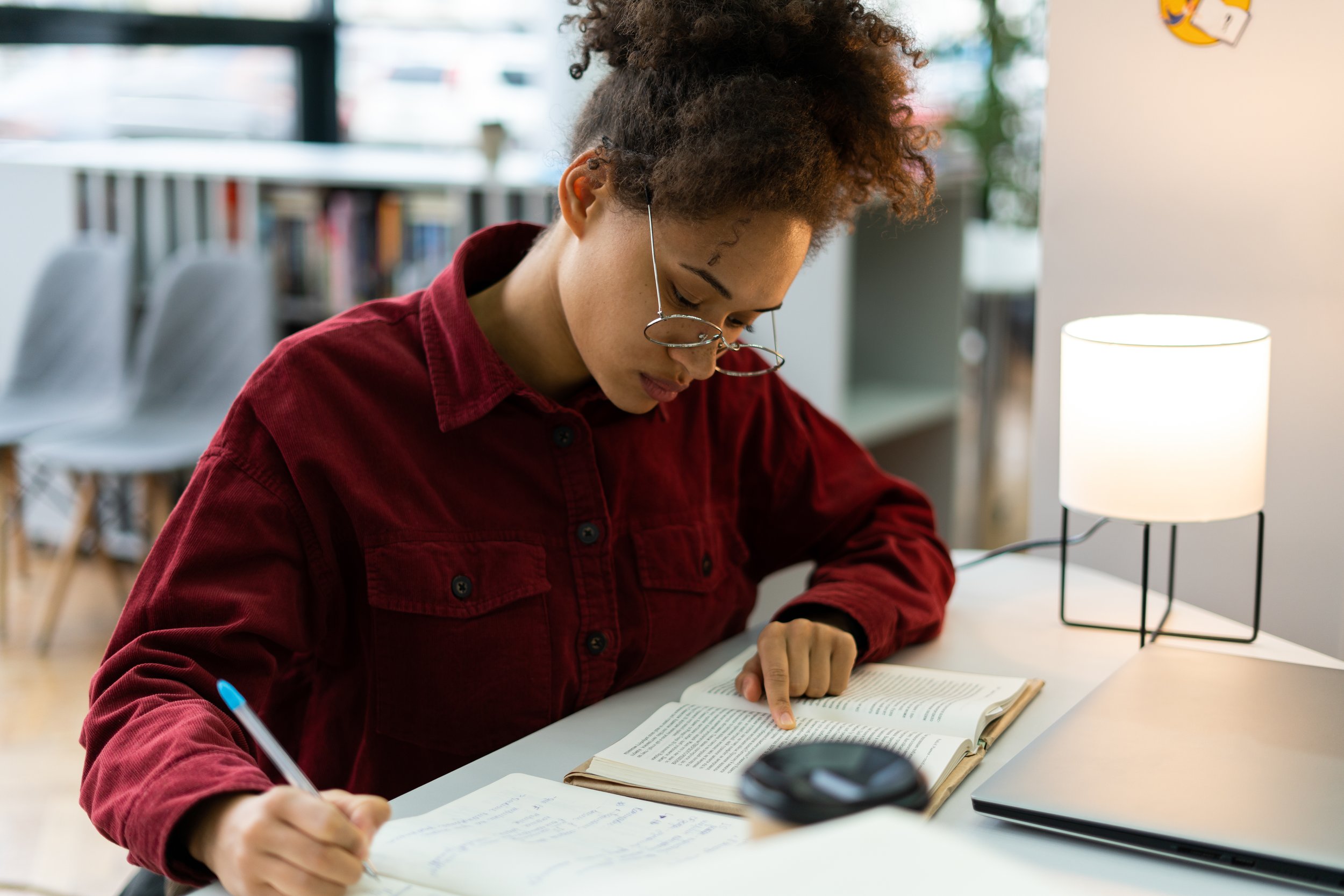THE IMPORTANCE OF TAKING BREAKS || How Resting Can Help You Achieve More

In today's fast-paced world, it's easy to fall into the trap of believing that taking breaks is a luxury we can't afford.
We often think that pushing ourselves to our limits is the only way to succeed. However, research shows that taking regular breaks is actually essential for our productivity, creativity, and overall well-being. In this article, we'll explore the importance of taking breaks and how resting can help you achieve more.
First and foremost, taking breaks can help you avoid burnout. When we work for long periods without rest, our brains become fatigued, and our productivity and creativity suffer. Taking regular breaks allows our brains to recharge, which can lead to increased motivation and focus. A study published in the Journal of Applied Psychology found that taking short breaks during long tasks can improve a person's ability to focus for longer periods. This is because our brains are not designed to work for extended periods without rest, and regular breaks can help us avoid burnout.
Taking breaks allows us to be more productive and leads to efficient work.
In addition, breaks can enhance our creativity. When we're constantly working, we tend to get stuck in a particular way of thinking. Taking a break allows us to step away from the problem and come back to it with fresh eyes. This can lead to new ideas and solutions that we wouldn't have thought of otherwise. A study published in the Journal of Experimental Psychology: Learning, Memory, and Cognition found that participants who took breaks during a creative problem-solving task were able to generate more ideas and solutions than those who worked continuously.
Taking breaks can also improve our overall well-being. Sitting at a desk for long periods can lead to physical problems such as back pain, eye strain, and headaches. Taking breaks and stretching or going for a short walk can help alleviate these issues and improve our physical health. A study published in the Journal of Occupational Health Psychology found that taking short, frequent breaks during the workday was associated with reduced physical discomfort and improved psychological well-being.
Furthermore, taking breaks can help us prioritize and manage our time more effectively. When we have a lot of work to do, it's easy to become overwhelmed and unsure of where to start. Taking a break allows us to step back and assess the situation. We can then use our time more wisely and focus on the most important tasks. A study published in the Journal of Organizational Behaviour found that employees who took regular breaks were better able to manage their time and workload, leading to improved job performance.
Taking a break can give our brains a chance to relax and recover.
While taking breaks might seem like a counterintuitive way to increase productivity, scientific evidence supports its effectiveness. One study found that taking brief breaks every hour during a task improved productivity and mental sharpness. Another study showed that regular breaks can help to reduce stress and boost mood, leading to improved overall well-being. Additionally, taking breaks can help to prevent decision fatigue. When we're faced with a lot of decisions to make, our brains can become overwhelmed and fatigued, leading to poor decision-making. Taking a break can give our brains a chance to rest and recover, allowing us to make better decisions when we return to our tasks.
Taking breaks is not a luxury; it's a necessity. Resting can help us avoid burnout, enhance our creativity, improve our overall well-being, and manage our time more effectively. Scientific evidence supports the importance of taking breaks for increased productivity, creativity, and overall well-being. So next time you're feeling overwhelmed, remember that taking a break is not a waste of time; it's an investment in your productivity and well-being. So go ahead, take a break, and come back stronger than ever. Your brain (and productivity) will thank you for it.







